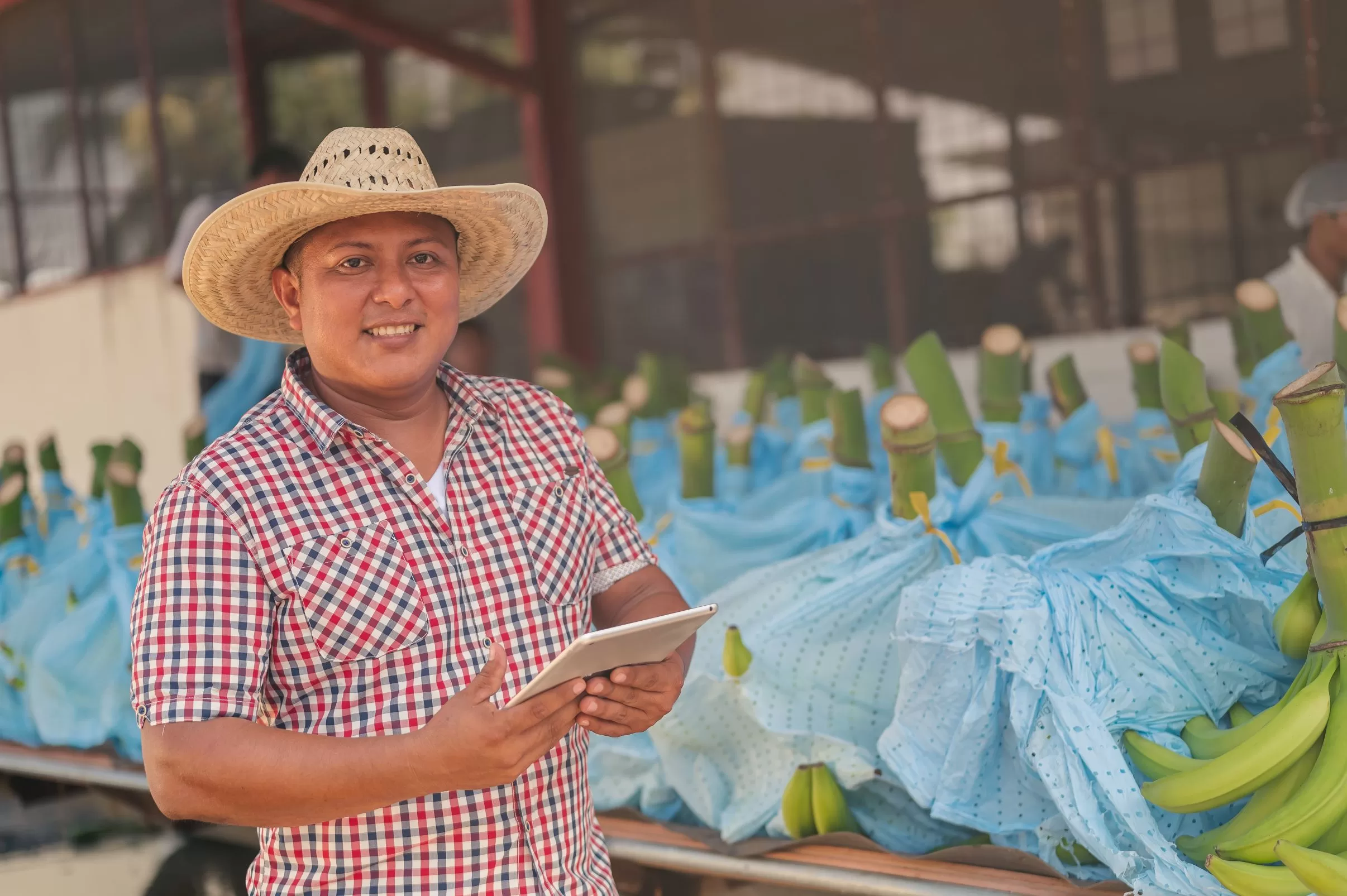Blockchain Technology, Validating More Than Just Money
Colin McGann
AGM Business Development & Research
MC Systems
A consequence of having a ton of access to information is that people don’t always know if they can trust the information that they receive. Businesses, on the other hand, do not have that luxury, they have to know that they can trust the data they get. This is especially so for cross-border financial services entities, such as banks and insurance firms.
In the era of fake news and alternative facts trust in the business takes centre stage with blockchain as its star. And rightly so, as the technology offers the best chance of validating everything from birth certification to the credit card purchase of a pina colada by a vacationing couple frolicking on the beaches of Negril, as well as every real estate, music distribution, event ticketing and even trading transaction in between. All this is based on how the technology works.
Blockchain makes it easy to prove ownership of any digital transaction at anytime. In its simplest form the Blockchain is a database, which sits on a distributed computer system, with architecture that supports both security and transparency simultaneously. Distributed here means that it is stored among thousands of servers, none of which collaborate with each other directly, i.e. independent persons operate all of these servers. It allows the recording of any kind of transaction.
Bitcoin, the most famous crypto currency in the world right now, was the first implementation of the Blockchain. However, since that time it has transcended that scenario and is being used in many other industries.
One of the things Blockchain is being used for is identity management, which is good news for our customers in the financial services sector in particular.
Banks for example, rely on correspondent banking relationships to facilitate movement of monies from one country to another. Such arrangements are complete with the necessary systems of checks and balances that are expensive to maintain, on both sides. If a bank in Jamaica determines to deploy the use of blockchain technology within its operations, it is not a hard to see the immediate benefit and value that will derive from being able to audit a cross-border transaction instantaneously. If that system is used in domestic transactions, large educational institutions for example, which require up to four weeks to verify local wire transfers, could do so in minutes.
More than money
But as previously established, blockchain can validate more than just money.
One of the things it is being used for is sovereign IDs. Looking at our much talked about National Identification System (NIDS), I would be surprised it was not based on some sort of blockchain technology because that is the architecture that is being used in other countries.
In fact, at MC Systems we believe that a huge opportunity for the technology within the Caribbean region can be found in this area. With the sovereign ID it is not just about identifying people within an institution or on the national level, but possibly something that transcends the Caribbean. Having this single source of the truth regarding who I am, and having different entities having access to that information so that it can be validated anywhere, can have a significant impact on life as we know it in the region. This ID could become my digital passport as I travel across the region and internationally.
There is certainly a lot of interest in the remittance space, as this will enable the movement of funds across borders very easily, very quickly and very securely.
Another interesting development is the use of blockchain in the music industry. In this scenario a manual intervention of collecting royalties for the use of musical works in airplay could be replaced by deploying the use of the technology, thereby disrupting the rights collection agencies across the globe.
With our legacy of providing breakthrough, industry-impacting technology to the market, often times first to market, bringing blockchain technology to market is a natural fit for MC Systems. We believe that the technology will form an important component of solutions that we want to bring to market for our customers in the near future. Certainly within the financial industry there are many ways we think this is applicable and will make a real difference.
Supply chain management is another area in which we see good return on investment for this technology. Being able to track the movement of goods and services throughout the entire process is currently being used internationally and we think that it will enhance such a sector in Jamaica.
We also see great potential for the use of this technology in agriculture specifically to combat the praedial larceny issues we have in our country. Tracking the goods and/or livestock from the farm to where it ends up as produce in supermarket and being able to validate the correct ownership using this technology stack.
The blockchain technology, with its super-registry advantage is a true game changer in the ICT business solutions business, impacting industry and governments alike. At its core, both the architecture and the philosophy of the technology, an equal balance of transparency and security, delivers many great benefits, but above all it proffers trust to users. And in a world of growing uncertainty we all could do with a little more trust.
Insights:





